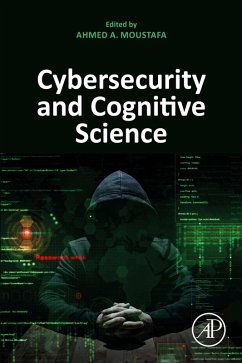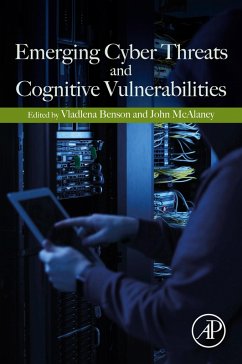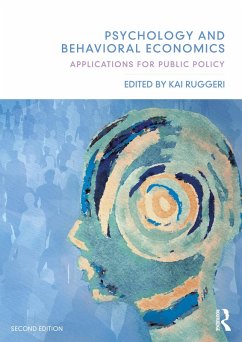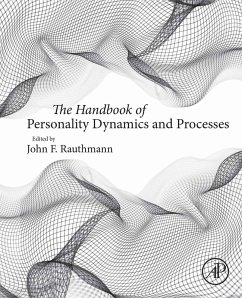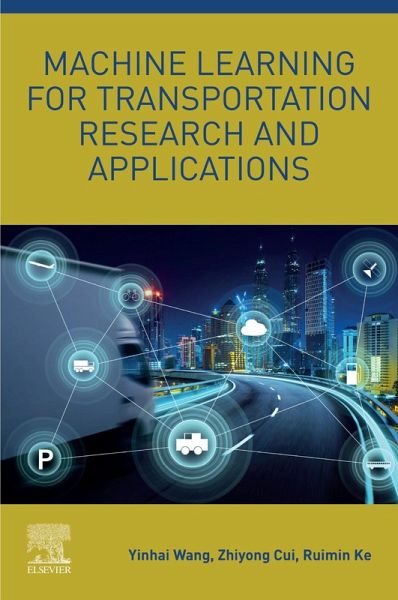
Machine Learning for Transportation Research and Applications (eBook, ePUB)
Versandkostenfrei!
Sofort per Download lieferbar
79,95 €
inkl. MwSt.

PAYBACK Punkte
40 °P sammeln!
Transportation is a combination of systems that presents a variety of challenges often too intricate to be addressed by conventional parametric methods. Increasing data availability and recent advancements in machine learning provide new methods to tackle challenging transportation problems. This textbookis designed for college or graduate-level students in transportation or closely related fields to study and understand fundamentals in machine learning. Readers will learn how to develop and apply various types of machine learning models to transportation-related problems. Example applications...
Transportation is a combination of systems that presents a variety of challenges often too intricate to be addressed by conventional parametric methods. Increasing data availability and recent advancements in machine learning provide new methods to tackle challenging transportation problems. This textbookis designed for college or graduate-level students in transportation or closely related fields to study and understand fundamentals in machine learning. Readers will learn how to develop and apply various types of machine learning models to transportation-related problems. Example applications include traffic sensing, data-quality control, traffic prediction, transportation asset management, traffic-system control and operations, and traffic-safety analysis. - Introduces fundamental machine learning theories and methodologies - Presents state-of-the-art machine learning methodologies and their incorporation into transportationdomain knowledge - Includes case studies or examples in each chapter that illustrate the application of methodologies andtechniques for solving transportation problems - Provides practice questions following each chapter to enhance understanding and learning - Includes class projects to practice coding and the use of the methods
Dieser Download kann aus rechtlichen Gründen nur mit Rechnungsadresse in A, B, BG, CY, CZ, D, DK, EW, E, FIN, F, GR, HR, H, IRL, I, LT, L, LR, M, NL, PL, P, R, S, SLO, SK ausgeliefert werden.






